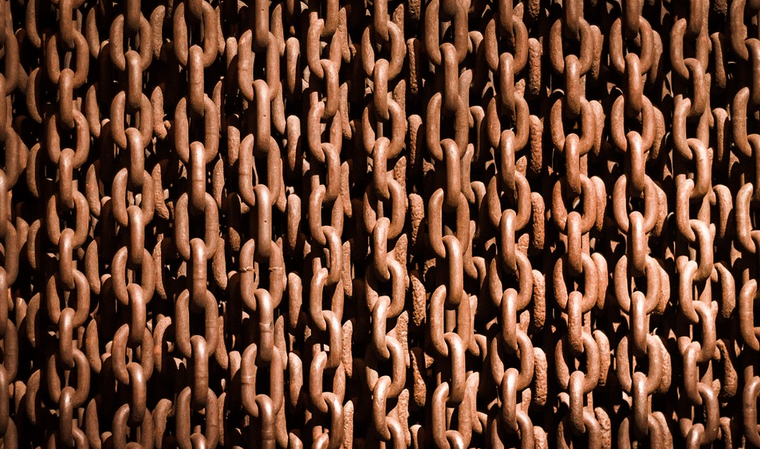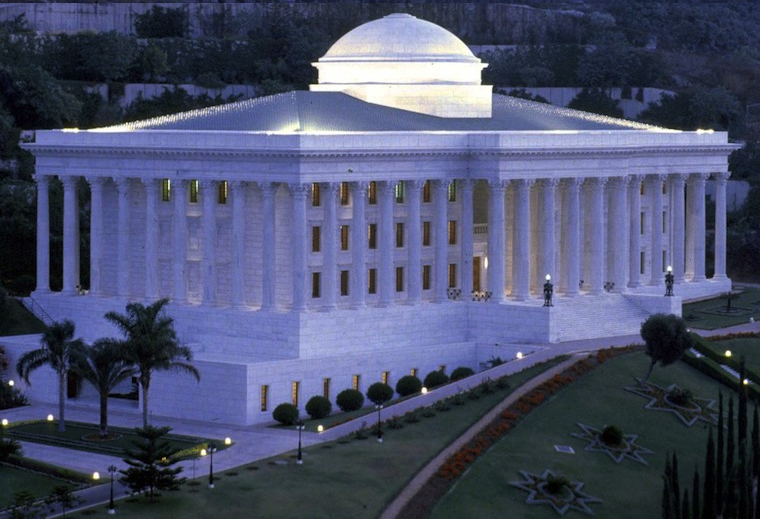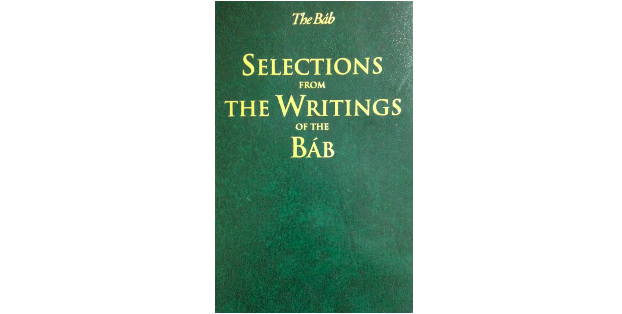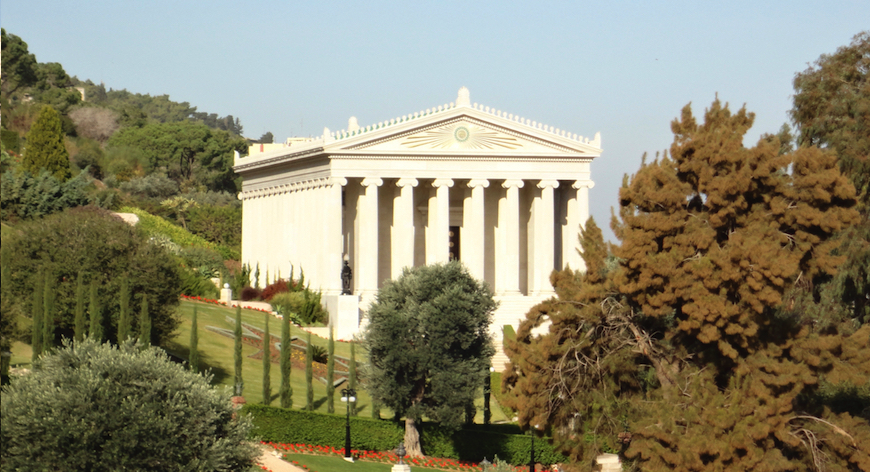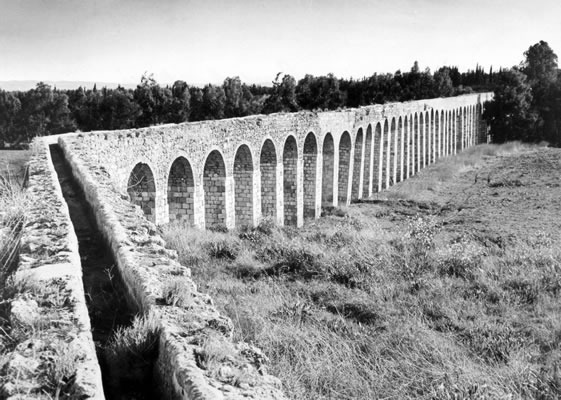-
Baha’u’llah’s Will and Testament – the Kitab-i-Ahd
Bahá’u’lláh did something unique in the recorded history of the founders of world religions. He left a will and testament. His will and testament is from any viewpoint, a most remarkable document. It is a central constitutional document of the Baha’i Faith – yet at the same time it is a meditation on the human condition. Bahá’u’lláh calls its recipients to consciousness of the limitless human potential to which human beings can rise. Yet the text also warns of the dangers of human folly and institutes mechanisms to protect against them. Known as the Book of the Covenant (Kitab-i-Ahd), the will and testament, written in Baha’u’llah’s own hand, was unsealed and read before nine witnesses nine days…
-
Looking Good – The Ornaments
Dressing up – and decorating in various ways – is a universal human practice. Clothing isn’t just functional. It serves complex social functions; it is used to communicate mood, occasion, status, function and gender. It is sometimes religiously mandated, marking the boundaries of “appropriate” or “modest” clothing. Sometimes such constraints have been the vehicle of oppression, particularly when imposed on women. Bahá’u’lláh abolishes religious constraints on clothing. The choice of clothing and the cut of the beard and its dressing are left to the discretion of men. But beware, O people, lest ye make yourselves the playthings of the ignorant.[1] Instead Bahá’u’lláh has in mind a different kind of human decoration.…


